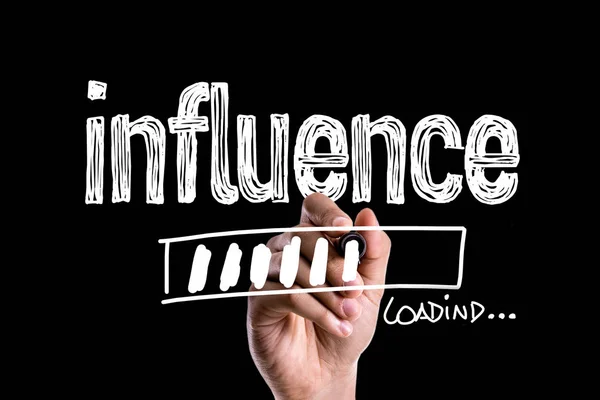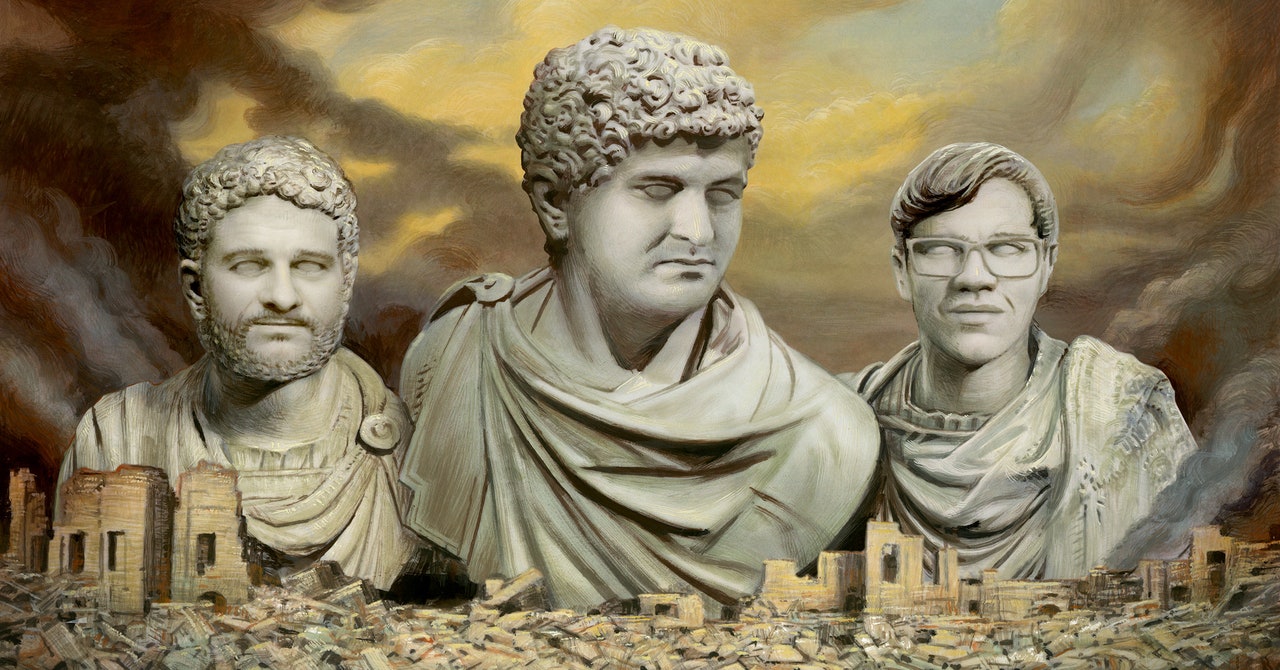In the complex and interconnected landscape of today’s digital age, where information flows ceaselessly and choices abound, the significance of trust in harnessing the mighty force of influence cannot be overstated. This fusion of trust and influence has become the bedrock upon which relationships, businesses, and even societies are built. To grasp its profound implications, one must delve into the intricacies of trust, the mechanics of influence, and how they intertwine to shape our world.

Table of Contents
Trust: The Foundation of Human Interaction
Trust, that intangible yet powerful force, serves as the cornerstone of our social fabric. It is the glue that binds individuals, communities, and civilizations together. Trust transcends mere reliance; it embodies the expectation of reliability, integrity, and competence. It is the unspoken agreement that underpins every interaction, from personal relationships to global transactions.
The Trust Paradox
The paradox of trust lies in its fragility and resilience. It takes years to build, seconds to shatter, and a lifetime to rebuild. Trust operates on a dual axis – interpersonal and institutional. At the interpersonal level, it hinges on personal experiences, shared values, and consistency in behavior. At the institutional level, it relies on the credibility and accountability of organizations, governments, and brands.
Trust as a Catalyst for Influence
Trust operates as a catalyst for influence, amplifying the impact of persuasive efforts. In a world inundated with information and choices, individuals naturally seek guidance and assurance. When trust is established, the influencer gains the power to shape opinions, drive decisions, and inspire action.
Influence: A Multi-Dimensional Force
Influence, like trust, is multifaceted. It encompasses a spectrum of mechanisms, from subtle persuasion to overt coercion. Understanding the dynamics of influence is key to leveraging its might effectively.
The Psychology of Influence
Influence operates at the intersection of psychology and communication. It draws upon cognitive biases, social norms, and emotional triggers to sway opinions and behavior. For instance, the scarcity principle, where people value scarce resources more highly, is a common cognitive bias utilized by marketers and influencers alike.
The Reach of Digital Influence
In the digital age, the landscape of influence has expanded exponentially. Social media platforms, content creators, and online communities have democratized the power to influence. Anyone with an internet connection can become an influencer, regardless of their background or credentials.
Trust and Influence: A Symbiotic Relationship
The interplay between trust and influence is symbiotic and mutually reinforcing. Each element strengthens the other, creating a dynamic equilibrium that shapes our decisions and perceptions.
Trust-Building as a Prerequisite for Influence
Before an influencer can exert their persuasive power, they must establish trust. Trust-building involves consistent and transparent communication, ethical conduct, and delivering on promises. When trust is present, individuals are more receptive to the influencer’s message.
Influence as a Vehicle for Trust
Conversely, influence can also be a vehicle for trust-building. When influencers use their platforms to champion causes, share valuable insights, or promote ethical behavior, they not only shape opinions but also earn the trust of their audience. This trust extends to the brands and organizations associated with the influencer.
The Digital Age Dilemma: Trust Erosion and Influence Manipulation
While the digital age has democratized influence, it has also brought forth challenges related to trust erosion and influence manipulation. These challenges highlight the delicate balance that must be maintained to harness the might of influence responsibly.
Trust Erosion in the Digital Era
The rapid dissemination of misinformation, data breaches, and online scams have eroded trust in digital platforms and institutions. Users are increasingly skeptical, questioning the authenticity of online content and the motives behind it. Rebuilding trust in this environment is a daunting task.
Influence Manipulation: The Dark Side
Influence manipulation, driven by algorithms and the commodification of attention, poses a formidable threat. The digital realm is rife with echo chambers, fake followers, and automated bots that can artificially inflate an influencer’s reach. Such manipulation undermines the genuine trust that should underpin influence.
Nurturing Trust in a Digital World
To harness the might of influence in the digital world, trust must be nurtured and protected. Organizations, influencers, and individuals can take proactive steps to strengthen trust in the online ecosystem.
Transparency and Authenticity
Transparency is the cornerstone of trust. Organizations should openly communicate their values, practices, and data handling policies. Influencers must disclose sponsorships and partnerships, ensuring that their audience knows the motivations behind their content.
Ethical Content Creation
Influencers bear a responsibility to create content that aligns with ethical standards. Authenticity, accuracy, and a commitment to positive impact should guide their actions. Content that misleads, manipulates, or exploits trust is detrimental to both influence and society.
Community Building
Fostering a sense of community can strengthen trust bonds. Brands and influencers who engage with their audience, listen to feedback, and actively participate in conversations build lasting connections based on trust.
Conclusion: The Power and Responsibility of Trust-Based Influence
In a world where information is abundant, and influence is omnipresent, trust remains the linchpin that determines the impact of persuasion and the health of our societal fabric. The significance of trust in harnessing the might of influence is not a mere abstraction but a fundamental truth. It is a reminder that influence, whether wielded by individuals, organizations, or digital platforms, carries immense power and, therefore, a profound responsibility.
As we navigate the complex landscape of trust and influence, let us remember that their synergy can shape the destiny of nations and the choices of individuals. It is in nurturing trust, upholding ethical standards, and wielding influence responsibly that we can collectively steer this force toward a brighter and more trustworthy future. Trust, after all, is the currency of influence, and its value is immeasurable in the tapestry of our interconnected world.









